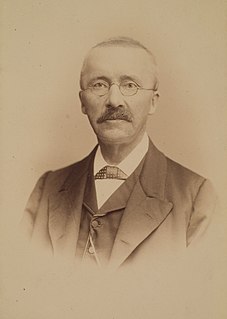A Quote by Antony Beevor
The blurring of fact and fiction has great commercial potential, which is bound to be corrupting in historical terms.
Quote Topics
Related Quotes
I think the 'New York Times' reviews overall tend to overlook popular fiction, whether you're a man, woman, white, black, purple or pink. I think there are a lot of readers who would like to see reviews that belong in the range of commercial fiction rather than making the blanket assumption that all commercial fiction is unworthy.
As you see, I bear some resentment and some scars from the years of anti-genre bigotry. My own fiction, which moves freely around among realism, magical realism, science fiction, fantasy of various kinds, historical fiction, young adult fiction, parable, and other subgenres, to the point where much of it is ungenrifiable, all got shoved into the Sci Fi wastebasket or labeled as kiddilit - subliterature.







































